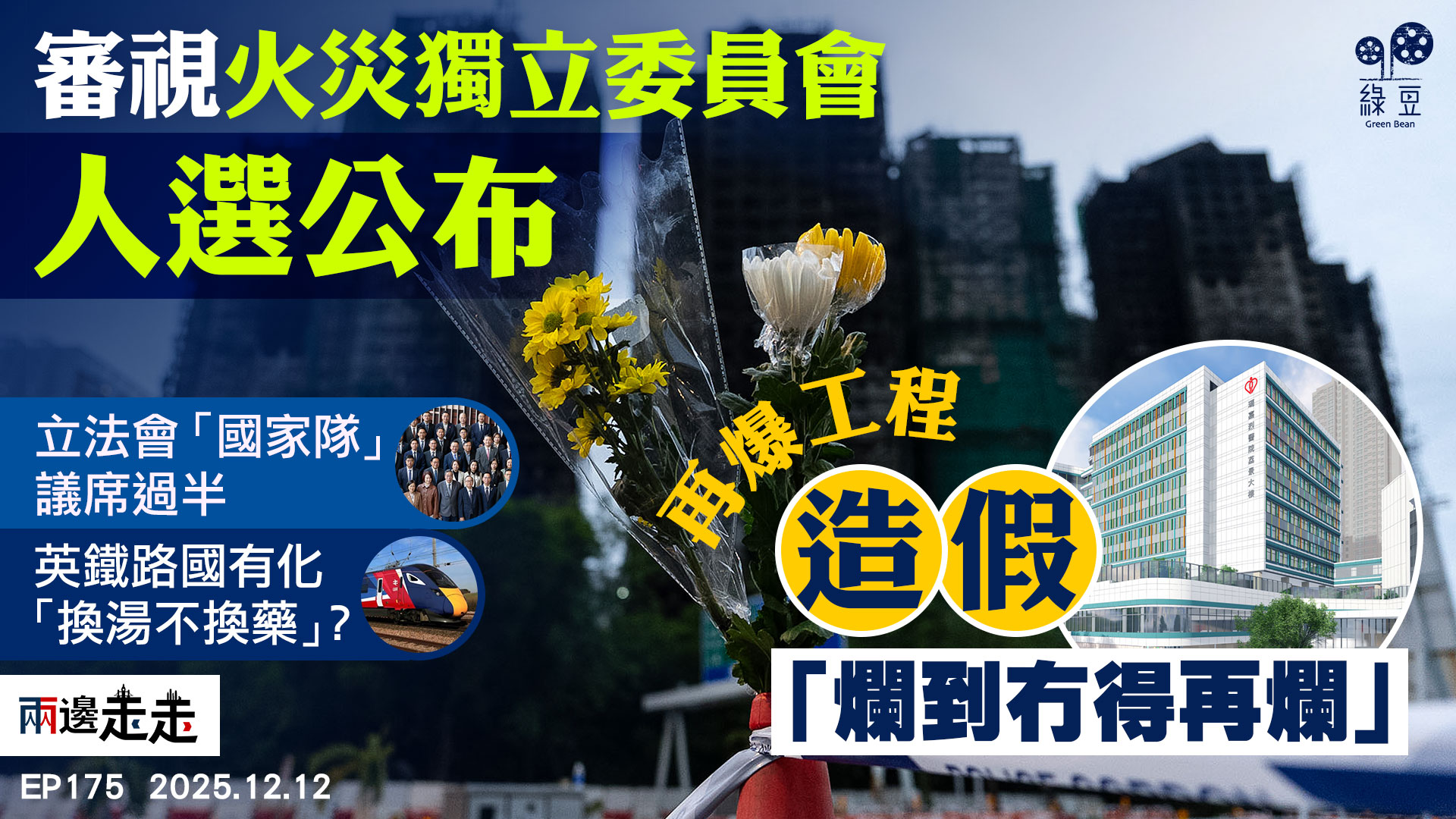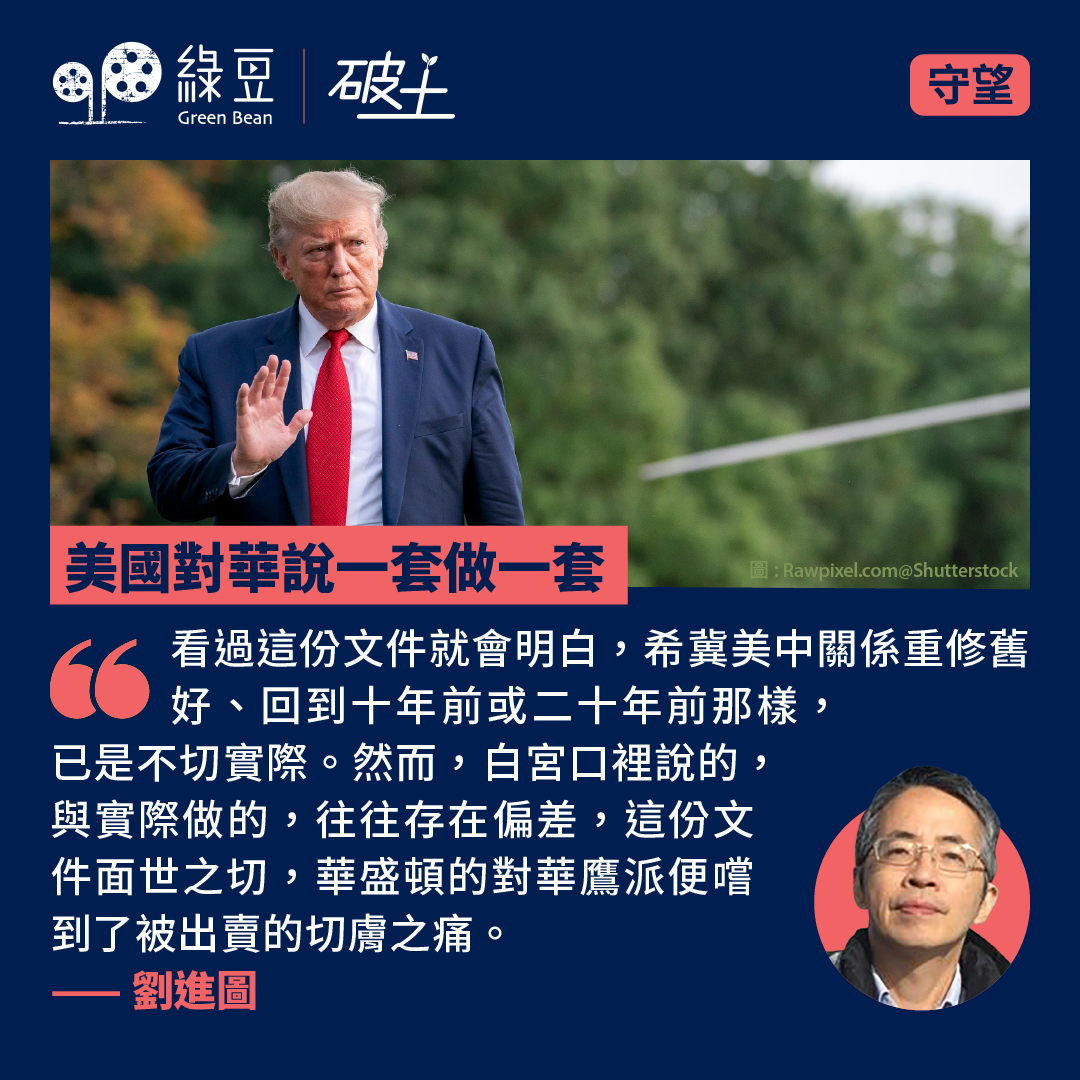It’s economic recovery, not Article 23, stupid!

Amid signs that the post-Covid economic recovery in Hong Kong may be slower than expected, divergent views over the priority of the fight against national security threats on the Government’s work agenda have come to the surface.
The controversy stirred up by a call last week by a pro-Beijing heavyweight Lo Man-tuen to delay Article 23 legislation at least until next year is an illuminating case.
Lo’s argument is simple. It’s not just the economy, stupid!
He warned putting the contentious legislation on top of the agenda would not just divert attention on economic recovery but, worse, cause unnecessary complications to Beijing’s international power game and reunification drive.
Importantly, Lo argued that the national security law, which was enacted and began implementation in July 2020, has already provided the last resort in protecting national security. “There is no great urgency in a law on Article 23,” he wrote in an article published in the Chinese-language Ming Pao.
It is the second newspaper article in just about one month by Lo on the timetable of Article 23 legislation. Lo is a vice-chairman of All-China Federation of Returned Overseas Chinese.
On the face of it, Lo was giving gentle advice to Chief Executive John Lee for him not to rush through the legislation this year. One day after Lo’s article was published, Lee told a press briefing his target of finishing the legislative work this year remains unchanged.
The differences between Lee and Lo over the legislative timetable of Article 23 are intriguing.
Underlying their differences is a more fundamental question about the importance of the task of upholding national security in the governance plan of the Lee administration.
To Lo, now is the “critical time” to pull out all stops to rejuvenate the economy and reconnect the city with the world following the double blow caused by the pandemic and the 2019 social unrest. With the national security law in place, he made it clear that a law on Article 23 is not urgently needed.
Also citing the increased complexities in global politics, John Lee drew a totally different conclusion, arguing that was exactly why national security risks needed to be tackled with no further delay.
Without naming Lo, Lee said: “Not everyone may fully grasp the seriousness of the problems that Article 23 is supposed to target, because the risks of national security keep changing.
“What is more, under the present complex international relations, there is still the possibility that national security risks are lurking in Hong Kong.”
Like previous occasions, he did not give details of the unseen national security risks.
Whether the Government does have a full grasp of the individuals and forces that have been posing threats to national security here, if any, is unclear.
Although Lee’s assertion does not help shed more light on the question of national security threats the city is facing, it serves the purpose of giving an urgency of Article 23 legislation and, also importantly, putting the duty of upholding national security on many aspects of life in the city.
Last week saw national security figuring several pieces of news with different backgrounds but a common element of national security.
On Monday, stock prices of all big property groups, including CK Asset, New World Development, Sun Hung Kai Properties, and Henderson Land, fell when government introduction of national security clauses in land sale agreements was widely reported in the media.
Potential land buyers are warned they may be disqualified if they engage in activities that endanger national safety or affect public order. Developers interviewed by the media said the clause would not adversely affect land sale.
On Tuesday, Hong Kong authorities announced a new requirement for TV and radio broadcasters using the public airwaves to run at least 30 minutes of content each week about national education and identity, as well as the national security law.
Next day, former chief executive Leung Chun-ying said there was still a big batch of people who were lurking in Hong Kong and other places who could affect the city’s “political safety.”
Some people who have left Hong Kong, he said, were still active on the internet although they could no longer “brainwash” young people directly. Leung said there are a total of 68 concern groups on Hong Kong in the United Kingdom. The total number could hit 100 if groups in other places were included, he added.
Hong Kong has been seen as a peaceful, safe city. Officials have maintained Hong Kong is now progressing from stability to prosperity.
Ironically, the fact national security risk and threats and terrorism have figured even more frequently in headlines sounds odd and is likely to create more jitters and unease locally and in the international community.
That will only make the task of bringing the city back to normal and onto the world stage more difficult.
▌[At Large] About the Author
Chris Yeung is a veteran journalist, a founder and chief writer of the now-disbanded CitizenNews; he now runs a daily news commentary channel on Youtube. He had formerly worked with the South China Morning Post and the Hong Kong Economic Journal.





